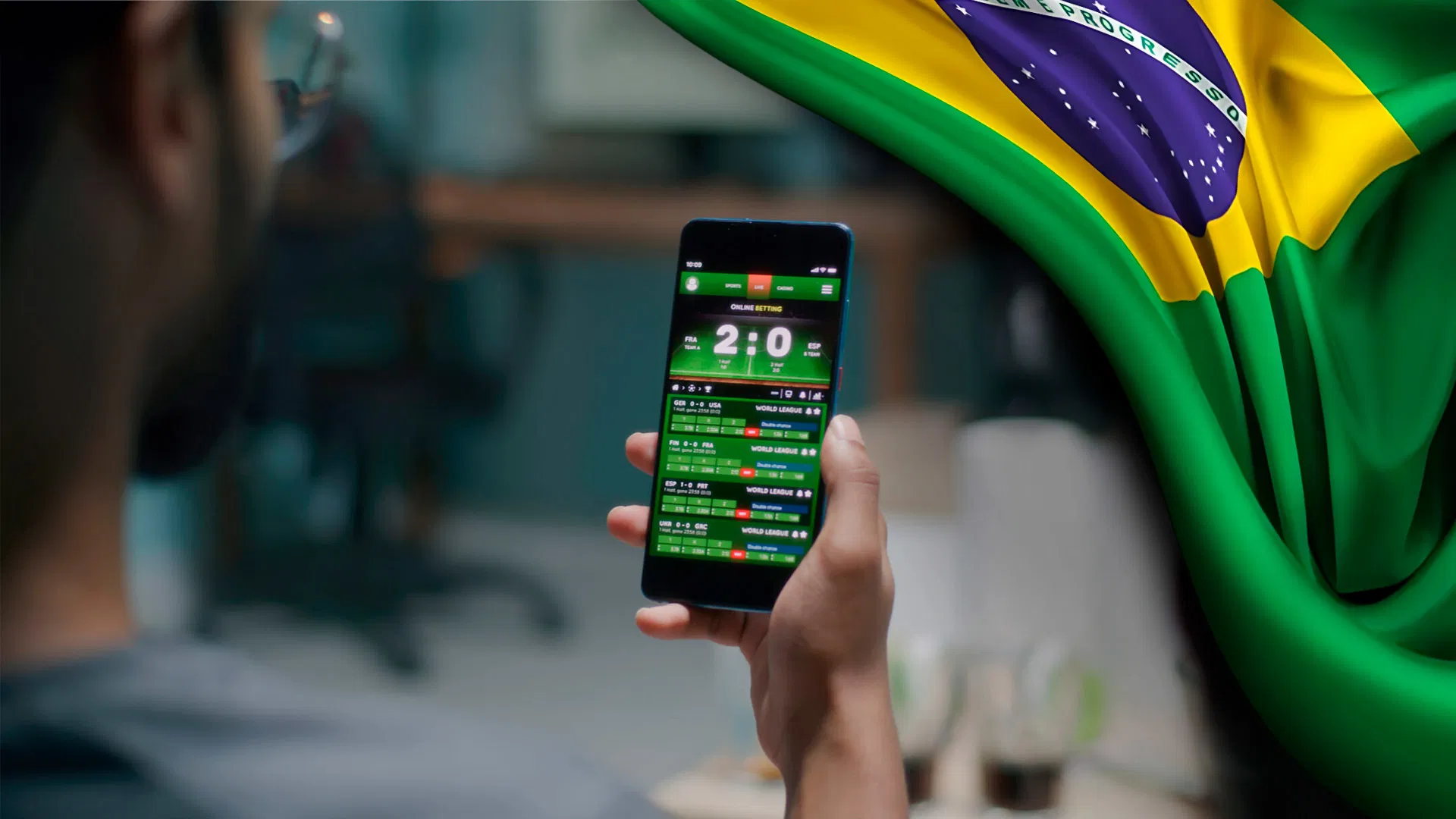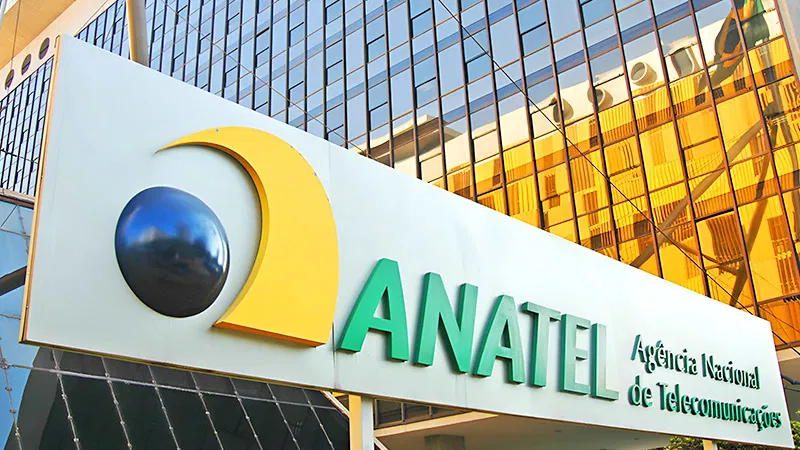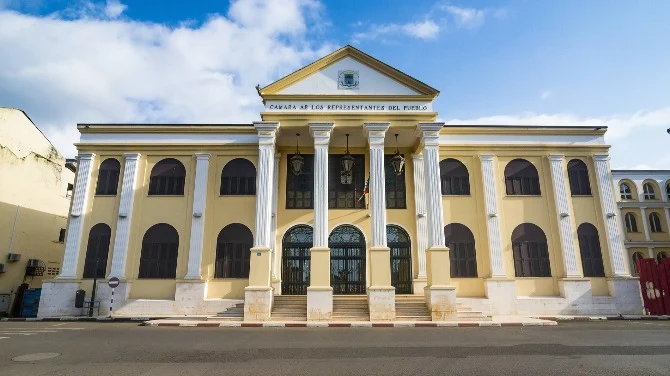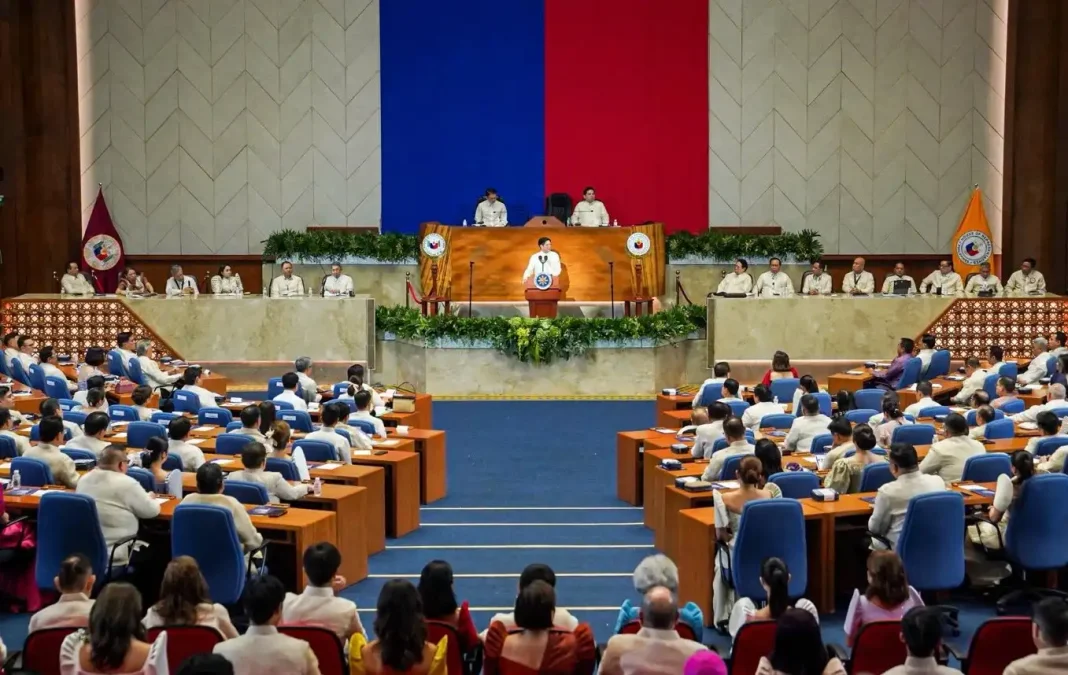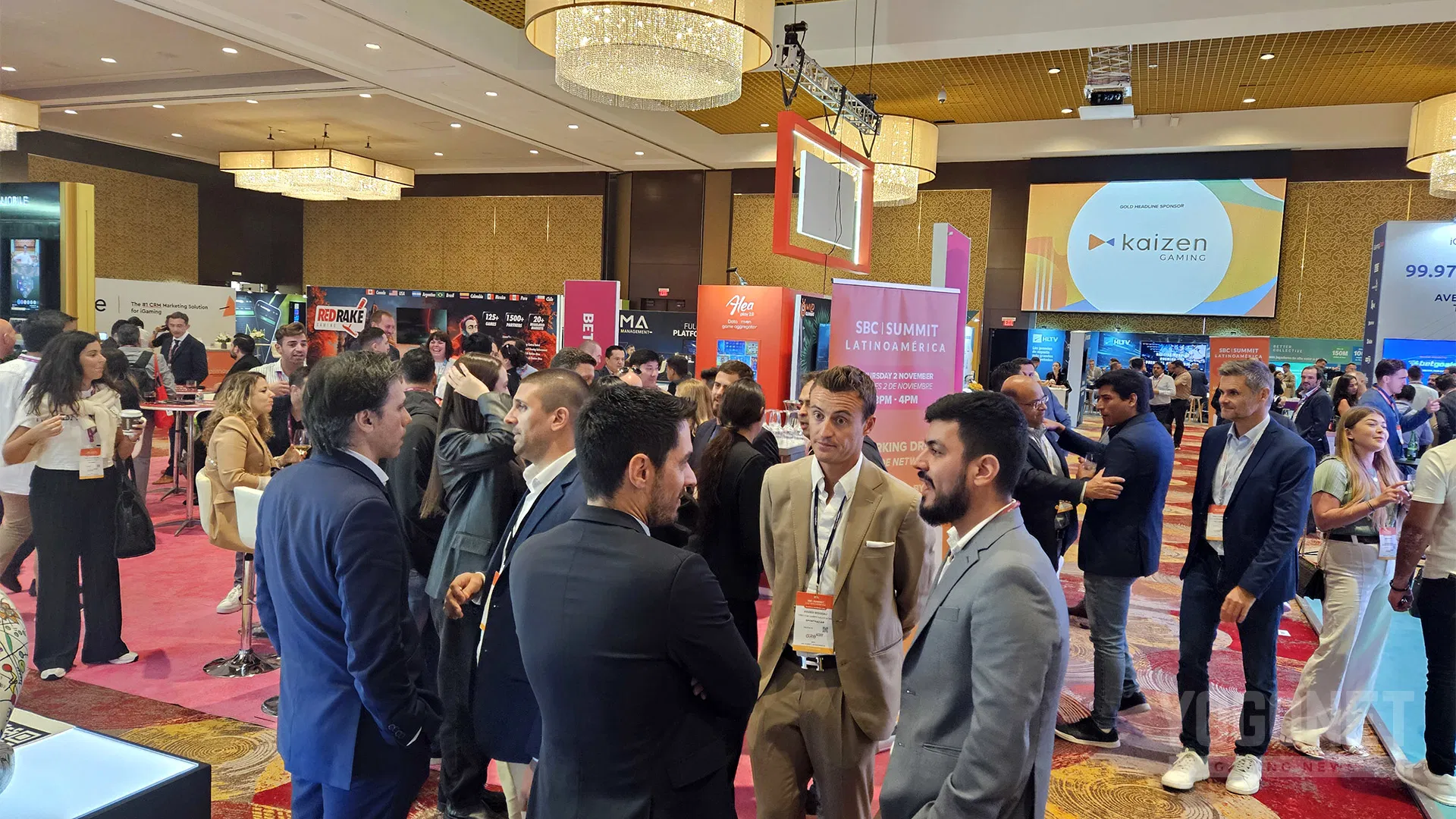A revised bill plans to ban betting advertising during live sports and set time limits for operator ads and will proceed to the Senate Plenary. Brazil’s Sports Commission made a decision on Wednesday to pass a proposal that adds new limits on betting advertisements in the country.
Senator Carlos Portinho gave Bill 2,985/2023 a positive review, making edits that took out the total prohibition of betting advertising. The Communication and Digital Law Committee (CCDD) was supposed to give the final vote, but because the CCDD is not active yet, the bill will move ahead straight to the Senate Plenary. If the Senate agrees, the next step will send the bill to the Chamber of Deputies.
What Would Be Banned in Brazil?
Portinho’s revised bill states Brazil will ban betting ads during live sporting broadcasts and forbid the use of athletes, artists, or influencers in such promotions. Only retired players who ended their sports careers at least five years earlier can appear in ads.
Permitted advertising on TV, social platforms, or internet channels must run only between 7.30 pm and midnight, not at any other times. On the radio, betting ads can be played only between 9 am and 11 am or between 5 pm and 7.30 pm time slots.
Printed newspapers and magazines are not allowed to show these ads, nor can static or digital betting publicity appear at stadiums or sports venues, unless the operator is the event’s official sponsor, has naming rights, or is the one sponsor per team for uniforms.
All marketing campaigns will be required to display the statement: “Gambling causes addiction and harm to you and your family.” Betting operators can reach authenticated users over 18 on digital channels as long as the user has ways to stop such communications easily.
Their brands may appear in sports event announcements on broadcast media between 9pm and 6am, if the content does not include direct incentives or promises for betting wins.
Why Have the Restrictions on Betting Ads Been Approved?
Portinho explained the rules are needed because the betting sector — since the Secretariat of Prizes and Bets (SPA) imposed Normative Ordinance No 1,231 on advertising in July 2024 — did not self-regulate responsibly.
In his words, a year after this legislation, the community has become “ill” due to widespread betting addiction. Portinho claimed betting has taken hold of football clubs, media broadcasters, and advertising networks, which are dependent on this funding.
He believes the situation is like a pandemic and lawmakers must set order. A letter from football clubs reached Portinho, showing they feared stricter gambling ad regulations.
Even with the pushback, he says the wider public supports the measures and calls clubs “accomplices in an epidemic that is destroying families.”
Originally, Portinho wanted a full advertising ban but changed the proposal to avoid legal issues, considering online betting is covered by existing rules.
Senator Styvenson Valentim, who wrote the original bill, agreed the changes were reasonable, calling the result balanced even if not his first choice.
He suggested this version allows both the betting sector and society time to adjust and gives a warning to people who already view the habit as risky.

 Companies
Companies 